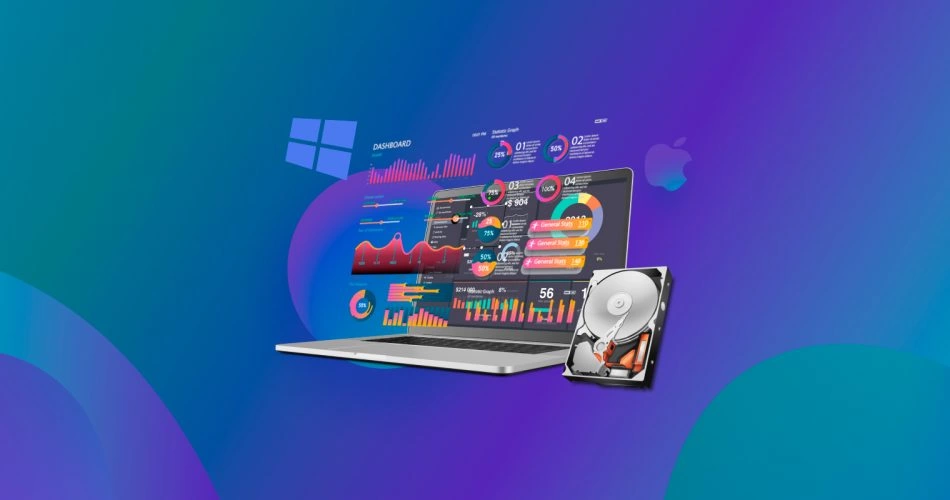We will explain what IPTV is and what advantages and disadvantages it has compared to OTT streaming content services. It is a method used by some operators to allow you access to their television package online, with extra functions such as live rewinding of programs.
We will also mention the channel lists, a whole underworld that has been created around this technology to be able to access some channels through specific applications. Of course, without the quality and functions offered by official services.

What is it?
Literally acronym stands for Internet Protocol TV or Internet Protocol Television. It is a way of transmitting television through the Internet with a different method than that used by conventional streaming platforms such as Netflix, Amazon Prime Video or HBO, among others. Typically, traditional television channels have always broadcast their program so that you can receive them with an antenna, satellite, or cable. But these same channels, both terrestrial digital and satellite, also transmit their broadcasts almost simultaneously in live or on-demand streaming, although with different protocols than we are used to on the web.
What IPTV does is create a private and direct network between the operator that offers you the channels and the user, so that you can receive these channels without connecting to the Internet just by having the router or decoder on. The channels are transmitted on demand, and the operator reserves part of your bandwidth for IPTV. Thus, if you have contracted 100 megabytes, it is possible that IPTV has 30 or 40 allocated and the rest is for your conventional Internet use. To make it even more simple, according to the IPTV Grand, all you need is subscription and a device connected to the internet.
Having dedicated bandwidth for the reception is one method of trying to ensure the highest possible quality of transmissions, as well as allowing you to receive more television channels. In addition, operators ensure that in order to legally access their channel packages, you have to contract the service.
The video of the channels is compressed using special software and sent to the IP address of the requesting client. Upon arrival, as a user you will need to have a special decoder to receive the signal, decompress it and decode it to be able to see it clearly. Operators’ receivers often have more functions, such as allowing programs to be recorded or stored locally.

Is it legal?
Each television channel has its own rules for making its programming available. You can transmit via open (free) or paid signal. Therefore, in the case of payment channels, the pre-established rules of the stations and operators that offer those channels must be respected.
If the signal of a paid channel is available through streaming services and is shared on the network, this retransmission is considered an illegal act. That is, if you have signed a contract with a television provider and you decide to make the signals of a paid package available to other users, you will be committing piracy since one of the clauses of the contract signed with the TV service provider limits its I use only the contracting party of the plan.

What are channel lists?
IPTV-compatible programs work with channel listings that can be found on various Internet sites. Listings are a set of Internet addresses (URLs) from which pay television signals offered by IPTV services can be accessed, but illegally.
The transmission of content by authorized operators, available through servers, is not blocked or has problems because there is independent control of the video flow for each subscriber. On the other hand, the display of the content of the free lists, in which a pirated signal is shared, will have very low quality and will be subject to all kinds of inconveniences, since the IP addresses of the channels are copied by millions of people at the same time.
Since many websites are dedicated to broadcasting channel lists or offering low-cost IPTV services in order to receive more advertising revenue, their use is considered illegal. Thus, if an IPTV list found on the Internet has payment channels that are freely available, those responsible (site and users) may be penalized for infringing copyright laws.

How to legally use it?
Currently, several companies use IPTV technology to transmit television programs, movies and sporting events legally from the payment of subscription plans. This market, on the other hand, has grown in recent years from the growth of services such as Netflix and Amazon Prime Video.
Applications that provide access to IPTV, such as Kodi (XBMC), are also not considered illegal. Kodi is a Media Center that supports the reproduction of channel lists broadcast by the IPTV system. Other similar applications are Ace Stream, Wiseplay and Perfect Player. However, it is worth remembering that the use of all these applications requires the legal use of it (through paid services).
Also bear in mind that the applications mentioned above may be modified by pirates, who are willing to circumvent the law, develop extensions and plugins to illegally transmit channels offered by subscription television services. This action, in addition to changing the way apps work, also leaves users’ private data exposed to hackers. Finally, set top box devices are data to image receivers and converters. They are either offered by the providers themselves or can be purchased at electronics stores.

Advantages and disadvantages compared to OTT services
When it comes to talking about television channels, OTT or Over The Top services are what we know as streaming television, those that broadcast their signal openly through the Internet such as Netflix, YouTube, Prime Video or HBO.
OTT services are not linked to any television or telephone operator. Also, while OTTs broadcast their signal openly and anyone can register and access its contents, to access IPTV channels it will not be enough to register, and you will need a decoder to receive, decompress and decode the signal.
OTTs do not have reserved bandwidth. This means that the quality of reception may depend on the bandwidth you have free, and that if you are using your connection for a task that requires a lot of megabytes, the quality of the streaming may suffer. This is not a problem for IPTV, since having the reserved width ensures you have enough signal to offer the best image quality.
Another advantage is in the decoders themselves, which offer you some extra functions not available in OTT services. You can usually record several days of programming, or rewind a program when you are receiving it live because it is a personalized broadcast. You are also usually able to easily purchase content such as movies that are available before your arrival streaming services.
As for the disadvantages, it is obvious that depending on an operator that gives you your receiver can be a very clear one. In addition, they are usually much more expensive services or included in packs, and having IPTV means that you will not be able to take advantage of all your bandwidth on the Internet since a percentage is dedicated to the reception of channels.

Conclusion:
The most important thing is that each potential user of this service inquires in a timely manner about the price, but also about the packages that are on offers. It should certainly be borne in mind that the price of the package differs in relation to what is included in it, and which varies from operator to operator.





